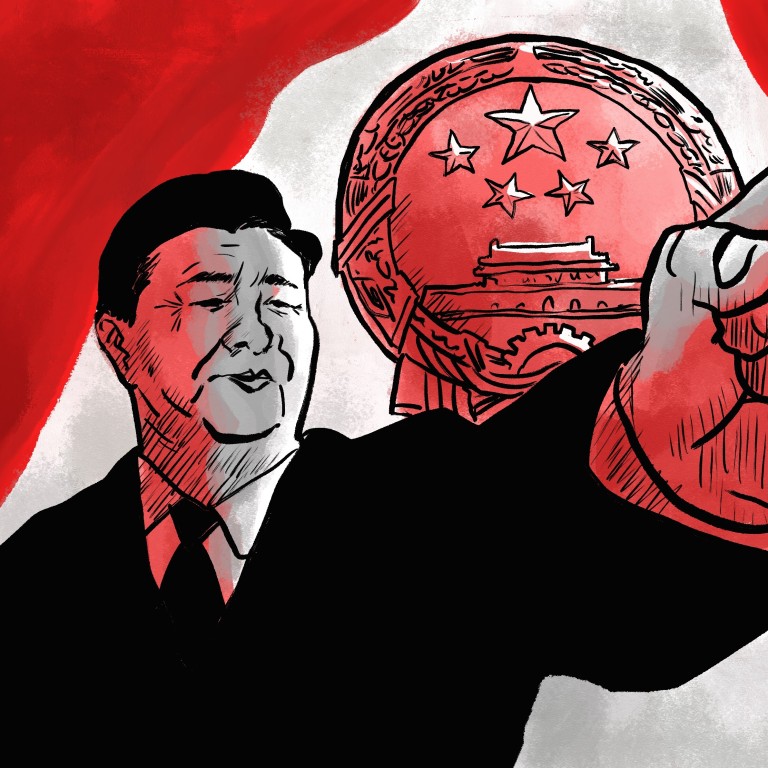
China’s ‘two sessions’: why this year’s event is so important for Xi Jinping’s vision for the future
- Next month’s major political set piece will take on special significance this year as it coincides with the Communist Party’s centenary
- The gathering also marks the start of the next five-year plan and could also reveal more about the leadership’s long-term economic plans
China’s political elite will gather in Beijing next month for the year’s biggest legislative set piece facing a number of major political challenges, including the aftermath of the coronavirus and the ongoing rivalry with the United States. In this the first part of a series looking at the key items on the agenda, we explain why this year’s event is especially important in terms of political messaging.
The meeting of the National People’s Congress, the country’s legislature, and the top political advisory body, the Chinese People’s Political Consultative Conference, is always important in terms of shaping the political agenda for the year ahead.
The country’s success in containing Covid-19 domestically and keeping the economy on track will help shape the political messaging – especially in contrast with the struggle of many countries in the West to contain the pandemic and events such as the attack on the Capitol in Washington last month – but it still has to overcome serious problems both at home and abroad.
Xi sends fresh signal over push for ‘high-quality’ economic reform
The presence of senior officials who have been sanctioned for their actions in Xinjiang and Hong Kong at the gathering will serve to highlight how Beijing’s policies on the domestic front have caused growing alarm internationally.
Accusations that it mishandled the start of the pandemic – combined with issues such as Taiwan, the South China Sea and the prolonged border stand-off with India – have further damaged its image on the world stage, and any further international backlash could threaten its economic plans.
While Beijing hopes that the new Biden administration will open the way to better relations with the US, Washington has become increasingly concerned about the challenge posed by China and is expected to keep up the pressure regardless.
The year carries extra political weight for Xi because of the Communist Party’s centenary and he has promised “grand celebrations” to mark the event in July.
He has already signalled confidence in the direction that the party and country are taking, telling senior officials in January that the world is facing “turbulent times … but time and momentum are on our side”.
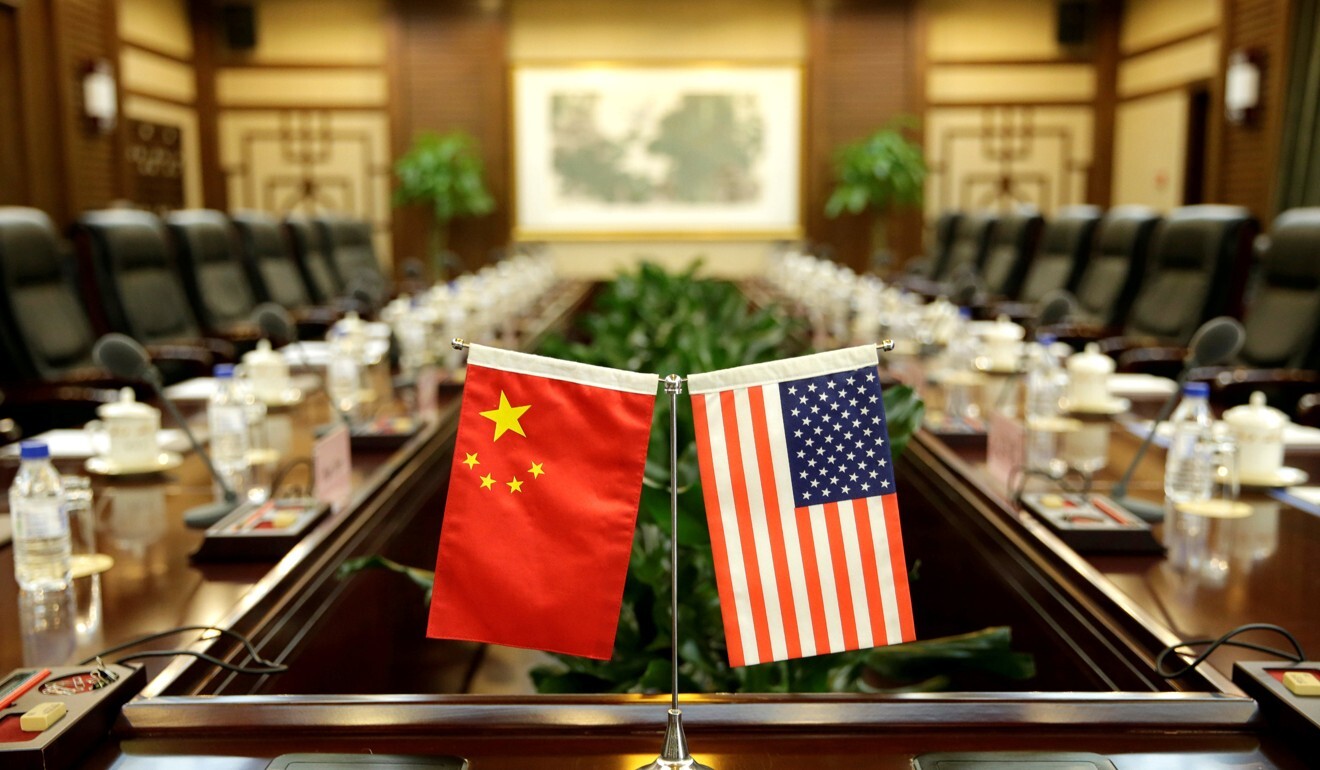
“This is where we show our conviction and resilience, as well as our determination and confidence,” he added.
But he has also warned that the country faces “unprecedented challenges and opportunities” and has told the Politburo they must “create favourable social conditions” for the centenary celebrations.
The leadership has also indicated it will step up its efforts to maintain political and social order ahead of the July celebrations, with public security minister Zhao Kezhi telling police chiefs to regard any challenges to the authorities – including online – as “battlefields” on which they must be ready to fight.
Only journalists based in Beijing will be allowed to register for the events, most of which will take place online, and foreign diplomats wanting to attend will have to take a Covid-19 test and spend a night in quarantine beforehand.
The ‘two sessions’ explained: China’s most important political meetings of the year
After emerging as the only major economy to have achieved growth last year, the leadership will want to start the new phase of economic development heralded by the start of the new five-year plan on a positive note.
Along with the five-year plan, the leadership is also expected to unveil its “2035 vision”, a blueprint for the next 15 years that harks back to the start of the era of reform and opening up under Deng Xiaoping four decades ago.
In November Xi signalled his ambitions in this sphere by telling party leaders: “It is entirely possible for China to become a high-income country by the end of the 14th five-year year plan [in 2025], and to double the size of its economy or Gross Domestic Development per capita by 2035.”
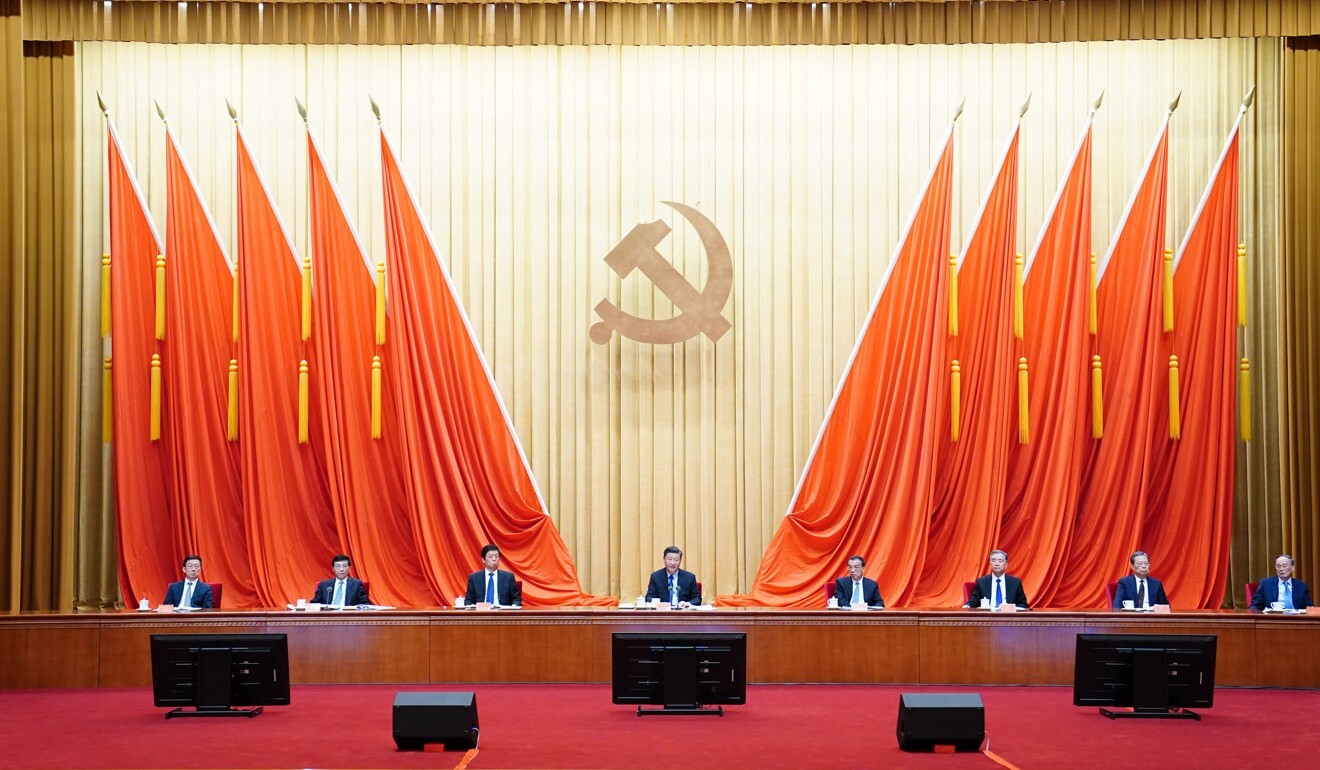
Next month’s policy announcements will be closely watched for further details of how Beijing intends to do that, but to achieve these targets it will have to continue to upgrade its economy and continue the shift from low-cost manufacturing to hi-tech.
Xi signalled the shift towards the domestic sector late last year, telling a party meeting: “We have been hit by many external risks since reform and opening up, we managed to turn danger into safety by focusing on our own business and finding a foothold inside the country.
What is China’s dual circulation strategy and why is it important?
“Common prosperity is not only an economic issue, it’s also a major political issue that’s related to the basis of the party’s rule,” he said in January.
Common prosperity has long been officially regarded as Beijing’s ultimate goal, but few details have been given about how this will be achieved. It is unclear how far the authorities will want to go in redistributing wealth, but the policy is regarded with strong suspicion by the private sector.
The country’s hi-tech sector is likely to play a key role in the country’s future development, but there is a risk that other countries – especially the United States – will feel threatened by its hopes of becoming a self-reliant world leader in technology.
At present China still depends on other countries for some key technologies and, as a result of this vulnerability, some observers believe it may choose to downplay its ambitions, at least in public, after previous strategies triggered a backlash in Washington.
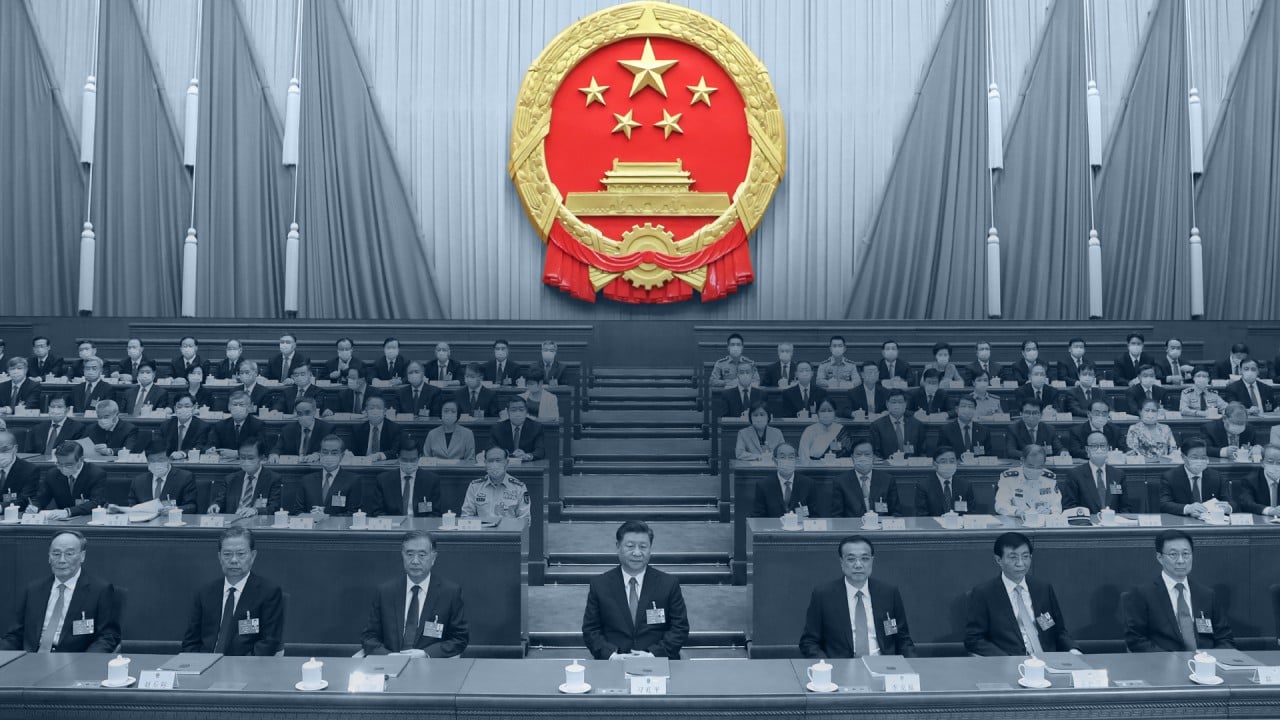
03:42
SCMP Explains: The ‘two sessions’ – China’s most important political meetings of the year
“China has learned some hard lessons, many parties are highly sensitive to what its planning says now,” said Shi Yinhong, an international affairs specialist at Renmin University and adviser to the State Council, China’s cabinet.
Made in China 2025 aimed to boost hi-tech manufacturing in sectors ranging from 5G and artificial intelligence to electric vehicles.
The plan was launched with much fanfare in 2015 but abruptly disappeared from policy papers in late 2018 after it heightened concerns in the Trump White House about foreign firms being forced to hand over technology and the perceived threat to US dominance.
The Thousand Talents Plan, which was established in 2008 by Beijing to attract global expertise to its science labs, saw a similar pushback and disappeared from view after it triggered a debate about espionage in US universities and business.
“The main difficulty now is China needs access to technology, but investment between China and developed countries has already shrunk significantly,” said Shi.
“Having learned the lesson, China might choose to be more vague about its plans but remain firm in implementing them.”
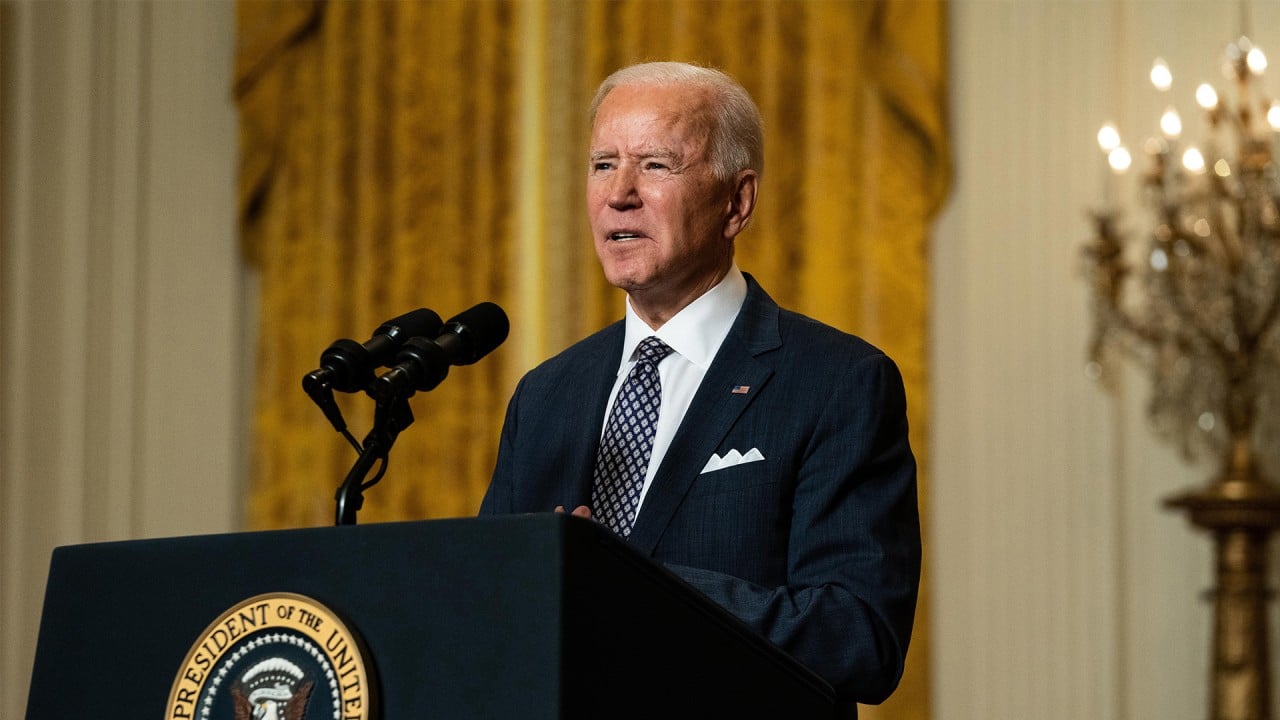
03:29
US and EU must prepare for ‘long-term strategic competition with China’, says Biden
Gu Su, a political scientist at Nanjing University, said he did not think these factors would lead to significant changes to the five-year plan, but added: “I think there is an expectation of a friendlier relationship with [Joe] Biden.”
But while the new administration may take a different approach it has shown little sign of wanting to ease the pressure on Beijing.
After the call, Biden tweeted that he had raised “concerns about Beijing’s economic practices, human rights abuses and coercion of Taiwan”.
Xi knows there will be ‘repercussions’ for human rights violations: Biden
Concerns about human rights and whether Beijing will live up to its promises to continue to open up its economy may also hamper its economic ambitions internationally.
Gu said: “There might be some domestic messaging to keep spirits high. But internationally it will play up the tone of opening up and cooperation.”
EU’s top negotiator defends forced-labour aspects of China investment deal
Read more about what is on the agenda in our two sessions series.











